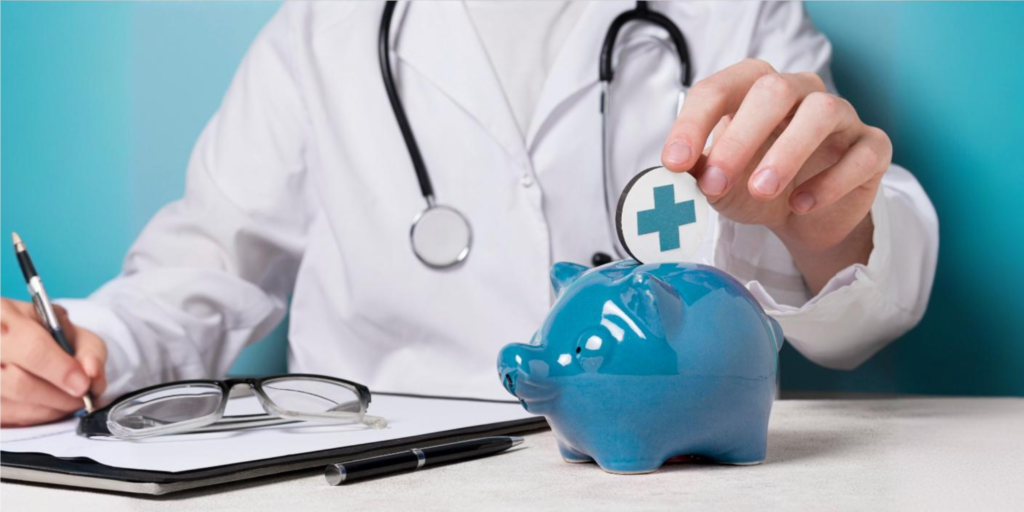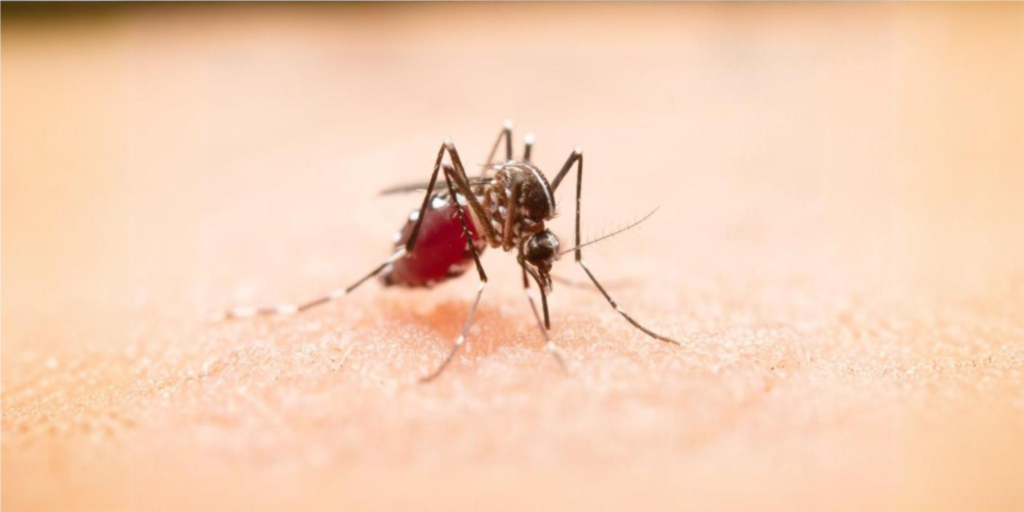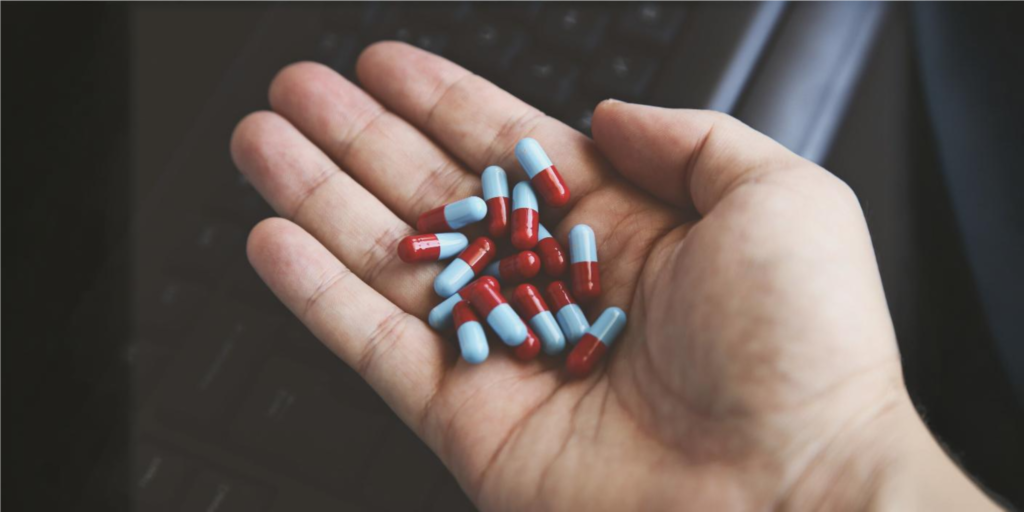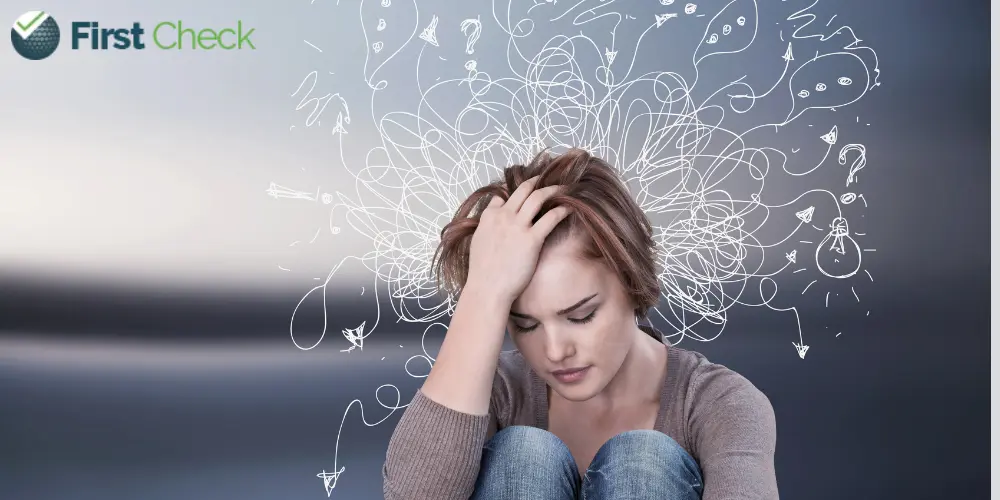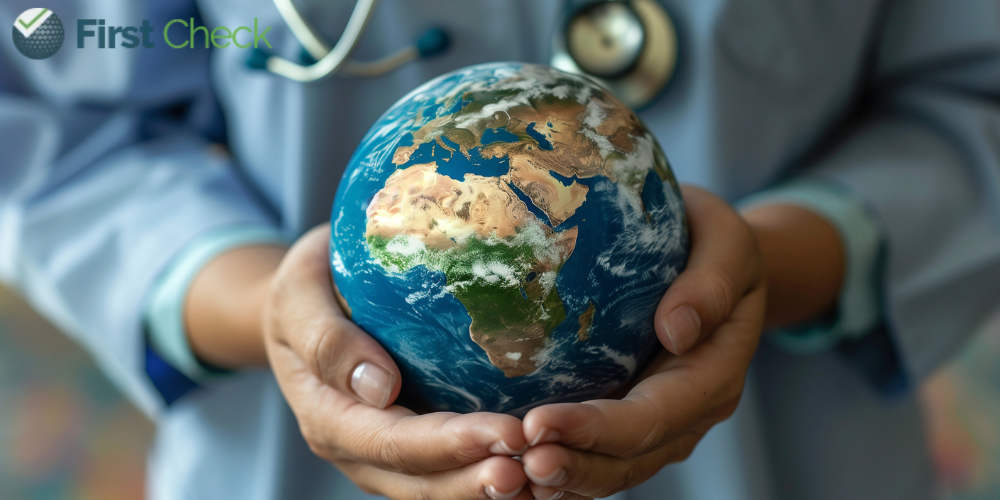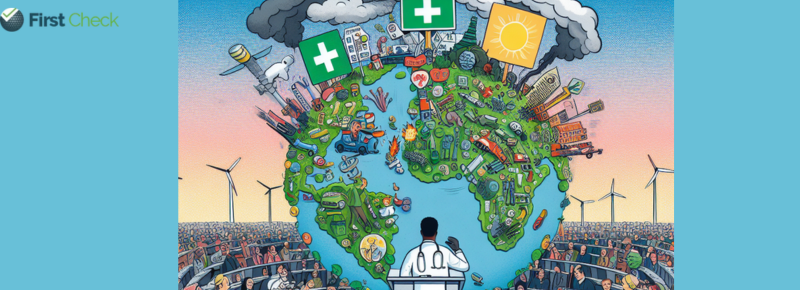Tags
World Hypertension Day 2023: Important facts about high blood pressure
Author
Author
- admin / 1 year

- 0
- 3 min read

Dr Ashwani Mehta, a senior cardiologist at Sir Ganga Ram Hospital, Delhi, India, helps debunk some common myths regarding hypertension.
May 17 is World Hypertension Day, a day dedicated to highlighting the importance of monitoring blood pressure. High blood pressure, also known as hypertension, can cause damage to one’s blood vessels, making them stiffer and reducing blood flow and oxygen to the heart, eventually leading to heart disease.
According to the World Health Organization (WHO), an estimated 1.28 billion adults aged 30-79 around the world have high blood pressure. Despite its growing prevalence, it is still widely misunderstood.
Dr Ashwani Mehta, a senior cardiologist at Sir Ganga Ram Hospital, Delhi, India, helps debunk some common myths on World Hypertension Day 2023.
#1 Garlic or vinegar: The miracle cure?
Garlic and vinegar have long been touted as natural remedies for hypertension. “While garlic and vinegar can provide minor health benefits,” says Dr Ashwani, “they should not be viewed as a standalone treatment for hypertension. They may complement a balanced diet and a healthy lifestyle, but cannot be a substitute for medical treatment.”
#2 The salt conundrum
While it’s true that a diet high in sodium can contribute to increased blood pressure, it’s only one piece of a complex puzzle.
Sodium, which is found in salt, can cause the body to retain water. This extra stored water raises blood pressure and puts strain on one's kidneys, arteries, heart, and brain. “Reducing sodium intake can indeed help lower blood pressure to a certain extent. However, hypertension is influenced by a multitude of factors beyond just salt intake. Genetics, age, weight, physical activity level, alcohol consumption, and overall dietary habits all play significant roles,” clarifies Dr Ashwani.
#3 The nexus between coffee and blood pressure
Coffee, which contains caffeine, can cause a short-term spike in blood pressure, as the adrenal glands release more adrenaline, a hormone that increases blood pressure.
“Strong coffee can temporarily increase blood pressure due to the boost in our body’s sympathetic drive (stress response). Therefore, we advise patients not to drink coffee or tea half an hour before a blood pressure check,” explains the cardiologist.
#4 The fallacy of one-time high blood pressure
A single high blood pressure reading does not confirm hypertension. “To confirm a diagnosis of hypertension, typically, it’s necessary to have two-three high blood pressure readings, taken at least 15 days apart,” says Dr Ashwani.
#5 A lifelong companion
Is hypertension a condition that can be cured, or is it only managed? “Mild hypertension can often be managed with lifestyle changes. However, it’s rare for hypertension to be completely cured. It’s usually a condition that’s managed, rather than cured,” informs Dr Ashwani.
#6 An ailment of age?
The belief that hypertension only affects the elderly is a widespread misconception. “Hypertension can affect adults of all ages. It is true that the risk increases with age, due to factors like lifetime exposure to dietary sodium and age-related hormonal changes. However, rising rates of obesity and sedentary lifestyles have led to increasing rates of hypertension among younger people,” notes the cardiologist.
